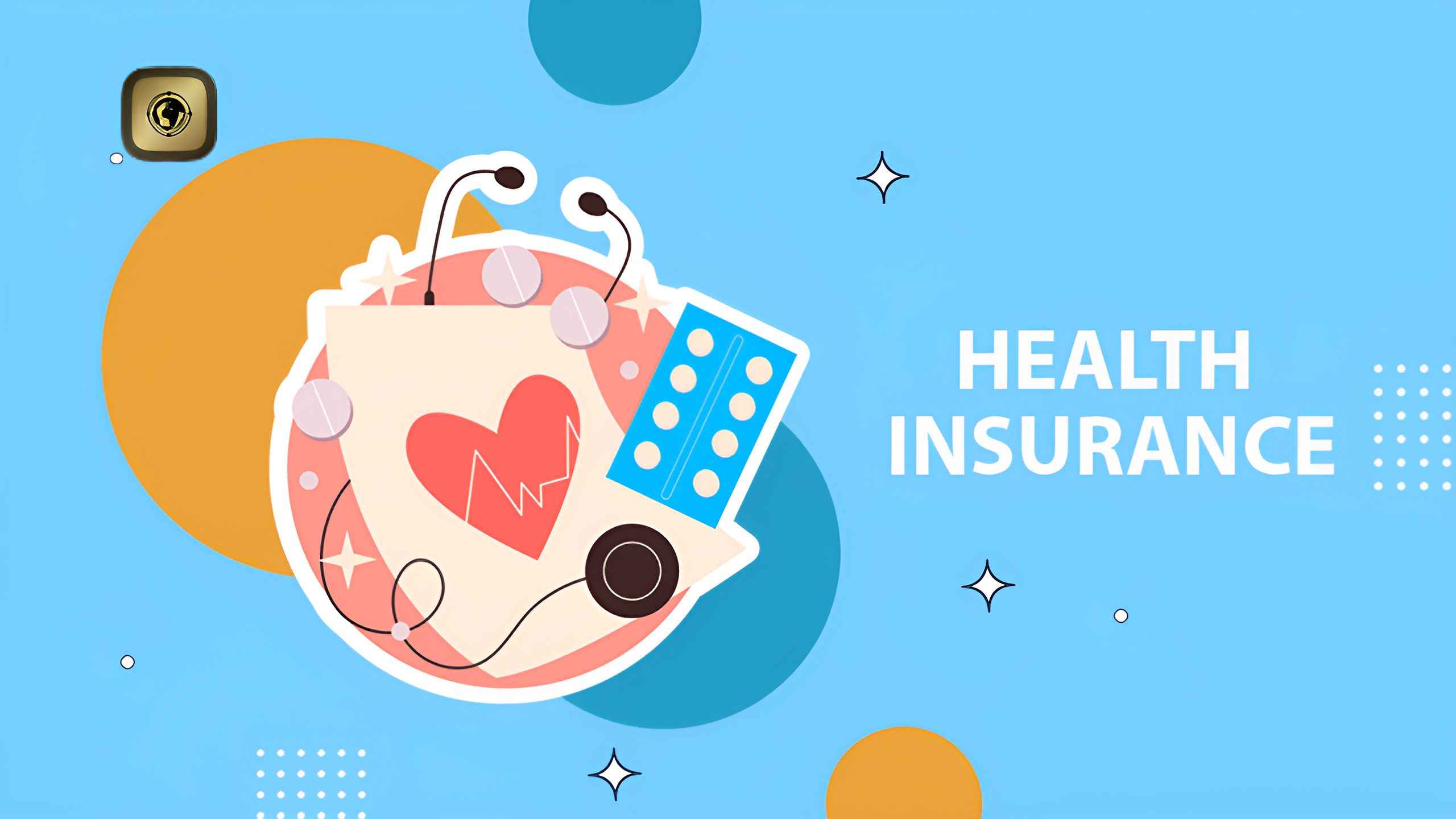April 8, 2025
With the transition from monsoon to winter, the likelihood of seasonal disease outbreaks increases. This results in more frequent visits to healthcare providers, and although you may believe that your fitness regimen and lifestyle choices can shield you from viral infections, you might be mistaken. A medical emergency can arise unexpectedly, leaving you unprepared, and the cost of medical treatment could place a heavy burden on your budget. Having medical insurance can assist in managing these expenses. However, possessing a health insurance card offers even greater advantages. Keep reading to learn more about this feature and its benefits.
What is Health Insurance?
Health insurance is a policy designed to cover the costs associated with hospitalization for you or a loved one. The specific expenses covered depend on the policy and its sum insured. Various types of policies, such as family health insurance, senior citizen medical insurance, and critical illness insurance, offer distinct benefits and varying insured sums.
What is a Health Insurance Card?
If you have a health insurance policy, you can use it to manage hospitalization costs in the event of an emergency. However, carrying the policy document and all associated paperwork can be cumbersome. This is where a health insurance card can be incredibly helpful. It serves as a digital representation of your medical insurance and includes important details about your identity and your policy.
For instance, if your partner requires hospitalization for a minor procedure costing Rs. 50,000, your medical insurance may cover this expense based on the sum insured under the policy. However, having a health insurance card makes the process faster and more efficient. Presenting the card to the hospital enables them to quickly access your policy details. If the hospital offers cashless treatment, this is an added advantage, as the insurer directly handles the medical bill.
What are the Details Present on a Health Card?
The health insurance card contains important information about both you and your policy, including your contact details, policy number, issuance and expiry dates, and the sum insured. This helps the hospital easily verify your coverage before processing your claim. Since the card is issued by your insurer, the likelihood of any errors in the details is minimal. Furthermore, the card eliminates the need to carry cumbersome physical policy documents. With all the relevant information available on the card, hospitals can simply retrieve the required details and proceed with billing and claims.
Why is a Health Insurance Card Important?
While a health insurance card might seem like just another card in your wallet, its importance becomes clear when you consider its functions and benefits. Here are the primary reasons why a health insurance card is essential:
- Proof of Insurance
Much like an Aadhaar or Voter ID card verifies your identity, a health insurance card acts as proof of your eligibility for medical coverage under a designated insurer. - Enables Cashless Hospitalization
Emergencies can arise without warning, and a health insurance card allows you to receive cashless treatment at network hospitals. After admission, all you need is an authorization letter along with your health insurance card to begin treatment, with the insurer directly paying the hospital expenses. - Quick Insurer Communication
Many health insurance cards include toll-free numbers to contact the insurer. These numbers can be lifesaving during emergencies or when you need assistance with the card. - Functions as a Smart Card
Equipped with a chip, the card securely holds essential information such as:- The policyholder’s name
- Date of birth
- Policy details and number
- Coverage amount (sum insured)
- Policy validity period
- Ease and Convenience
Carrying bulky policy documents or large sums of cash is impractical. A health insurance card consolidates all essential details in a compact, easy-to-carry format. - Simplifies Claim Verification
Hospitals can instantly verify your policy details with the insurer, ensuring that treatment begins without delay and that you are aware of any out-of-pocket costs, giving you time to make proper arrangements. - Monitors Policy Validity
The card clearly shows the policy’s expiration date, acting as a convenient reminder to renew your insurance on time to avoid coverage lapses.
Key Considerations
- Network Hospitals
The card’s cashless service is only applicable at empaneled hospitals within your insurer’s network. If you seek treatment at non-network hospitals, you may need to pay upfront, with possible reimbursement later. - Data Security
Health insurance cards store encrypted personal and policy information. To prevent misuse, keep the card secure and report any loss to your insurer immediately. - Cashless Facilities
Make sure that the hospitals listed on your card support cashless transactions to fully utilize its benefits. - Replacement Procedure
If your card is lost or stolen, immediately notify your insurer and request a replacement to safeguard against fraud.
Conclusion
This overview explains how you can benefit from a health insurance card. If you wish to learn more about the card or the advantages of health insurance, you can contact your insurer. Insurance is a topic of solicitation, so for further details regarding benefits, exclusions, limitations, terms, and conditions, it’s important to thoroughly review the sales brochure or policy wording before finalizing a sale.



Leave A Comment